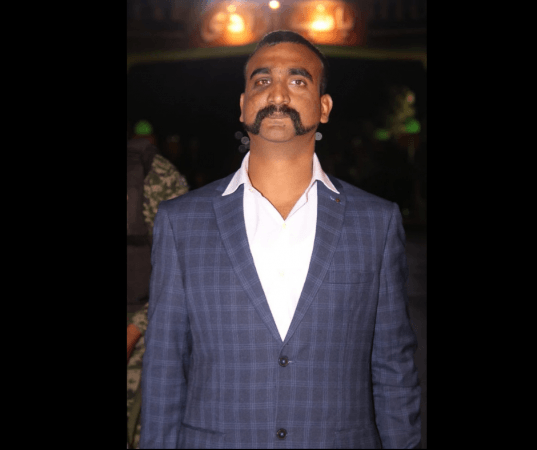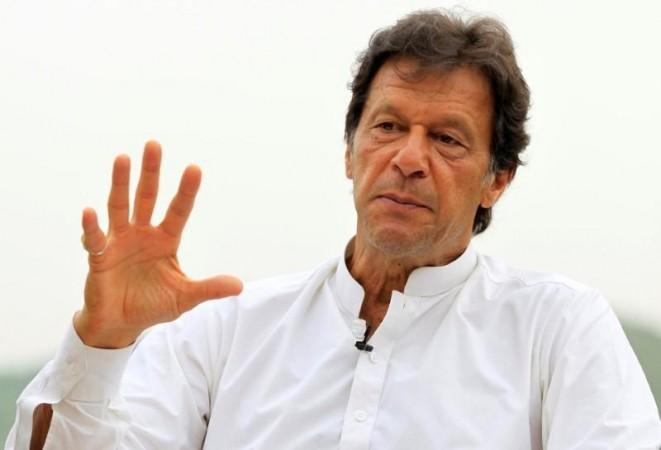
It was because of the United States' intervention in the India-Pakistan rift that IAF Wing Commander Abhinandan Varthaman was released a day after his capture. According to an Economic Times report, US Centcom Commander General Joseph Votel had spoken with Pakistan Army's General Bajwa within hours of Abhinandan's capture on February 27.
General Joseph Votel reportedly convinced General Bajwa that the only way to de-escalate tensions between the two countries was to return the pilot.
The United States Centcom is an organisation which establishes a direct connection between the Pakistan Army chief and the US. The US National Security Adviser was also in regular touch with India's National Security Adviser Ajit Doval.
The United Kingdom also stepped forward in support of the US, encouraging Pakistan to release Abhinandan. The US chairman of the Joint Chiefs of Staff, General Joseph Dunford, told Pakistan that the latter's capture of the Indian pilot was a clear escalation in Washington D.C.'s eyes.
According to the ET report, some Pakistani forces did not want to give up Abhinandan since they saw him as a "prize catch" and could use him as a bargaining chip. However, the US Army said that they would not support that and told Pakistan to immediately return Abhinandan to India. During the same time, India requested the US to make sure that Abhinandan was treated with dignity.

On the night of March 1, Abhinandan crossed the India-Pakistan border at Attari in Punjab and returned to the country. However, rumours were rife that the Wing Commander was tortured by his Pakistani captors for the first 24 hours of his capture in order to reveal information of the Indian defence forces including troop deployment and radio frequencies.
However, Pakistan PM Imran Khan had announced in the Parliament that they were releasing Abhinandan as a "gesture of goodwill".

















